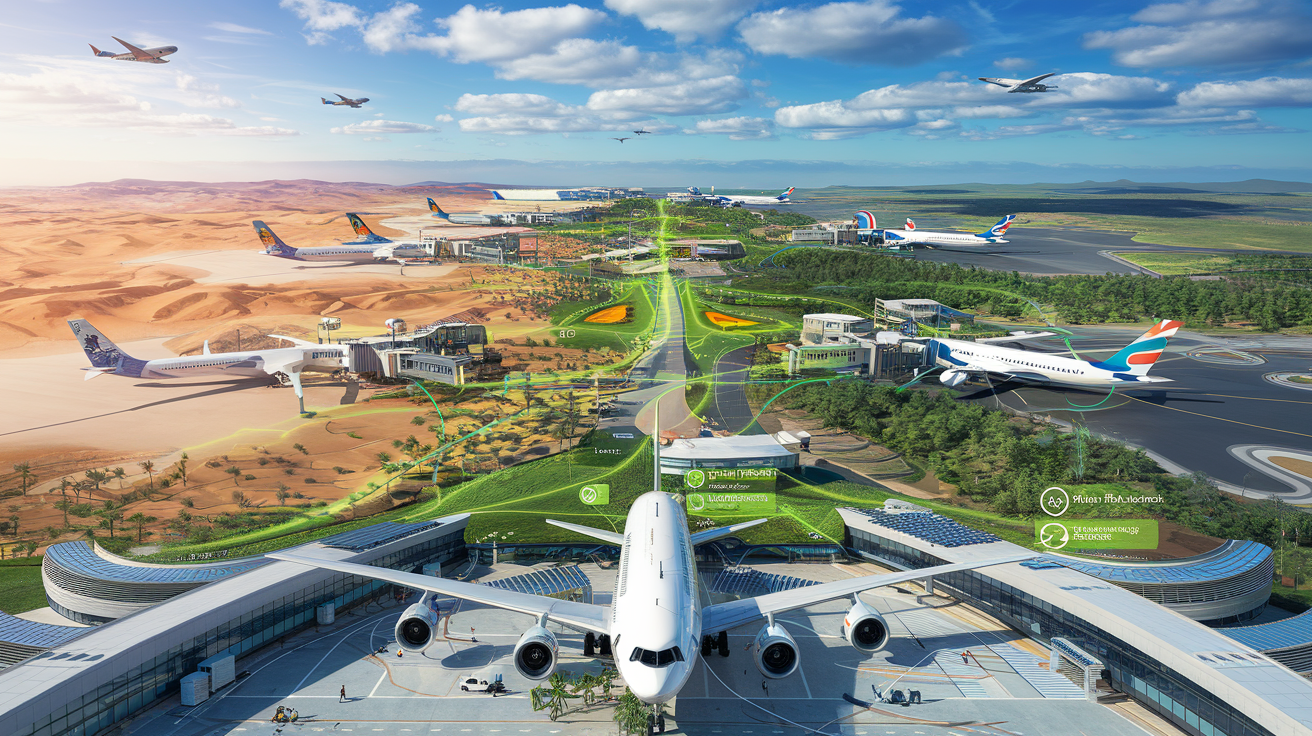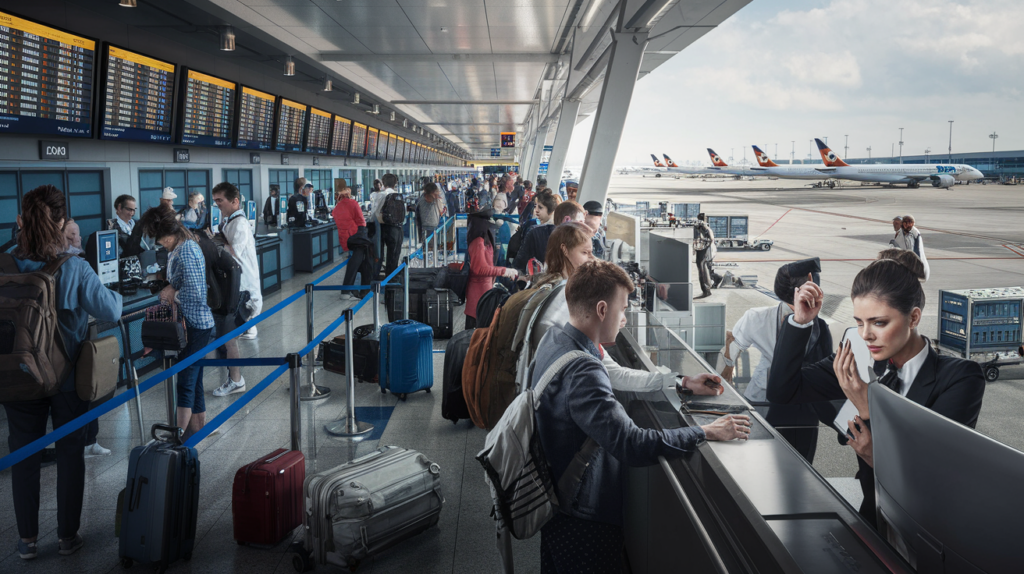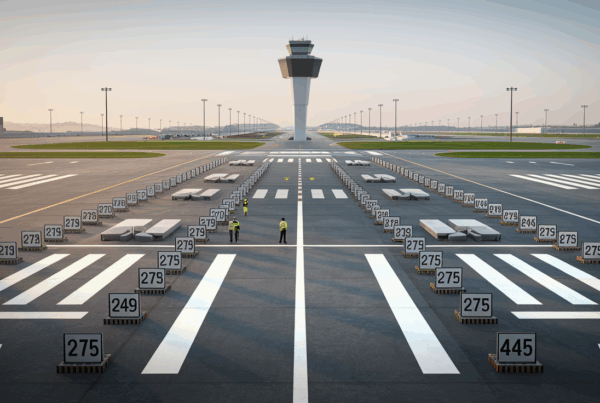During the COP29a major turning point was reached with over 600 airports around the world obtaining certification for effective management of their emissions. CO2. This industry standard, known as Airport Carbon Accreditationis testimony to the airport sector's growing commitment to decarbonization. Certified airports are actively involved in reducing emissions, illustrating a collective effort to address global climate concerns. This success comes in the context of global discussions on carbon credits and the adoption of measures to combat climate change.
At a time when the fight against climate change is gaining momentum in the aeronautics sector, the COP29 marks a milestone with over 600 airports worldwide certified for responsible management of greenhouse gas emissions. CO2. These airports, integrated into the Airport Carbon Accreditation scheme, demonstrate a growing commitment to decarbonizing the sector.
The role of Airport Carbon Accreditation
Developed specifically for airports, Airport Carbon Accreditation is an initiative that promotes proactive management of carbon emissions. It offers tailored tools and responses to help airports analyze, reduce and offset their carbon emissions. greenhouse gases. The efforts made by these facilities could be a game-changer in the race towards a carbon-neutral footprint.
Ambitious commitments for the future
In addition to this certification COP29industry players are keen to set even more ambitious targets. Faced with an urgent need for funding to support climate policies, discussions have been held on the possibility of introducing new taxes on various sectors such as aviation, fossil fuels and plastics. These discussions are aimed at stepping up efforts to reduce the ecological footprint of global aviation.
The importance of carbon credits
Carbon credits are certificates generated by activities that reduce emissions of greenhouse gases. greenhouse gasesplay a crucial role in global climate strategies. One of the objectives of the COP29 is to better calculate and manage the credit market to optimize its impact on the environment. This system could become an essential lever for supporting projects aimed at limiting global warming.
Implications for the airline industry
The certification of these 600 airports reinforces the idea that effective carbon management is not only possible, but imperative. Major airlines, such as Embraer and Etihad Cargoare stepping up their efforts by investing in innovative technologies and programs such as the winter freight efficient.
A new paradigm for the aeronautics industry
With the massive commitment of airports to CO2 management, global regulations are being fine-tuned to meet today's climate requirements. The industry must adapt to these new standards to remain competitive and, above all, responsible. Initiatives such as the additional fuel tank of the A350-1000 are testimony to our innovative response to these environmental challenges.

Distribution of Certified Airports and their Environmental Commitment
| Criteria | Description |
| Total number of certified airports | 600 |
| Main regions | Europe, North America, Asia |
| Main objective | Active management of CO2 emissions |
| Certification program | ACI Carbon Accreditation |
| Current trends | Increased growth and commitment |
| Environmental impact | Reducing carbon footprint |
| Complementary initiatives | GHG emission reduction projects |
| Next objective for COP29 | Setting ambitious funding targets |
| Proposed taxes | Aviation, fossils, plastics |
| Carbon market reform | Updating carbon credit systems |
On the same theme
Germany: 24-hour work stoppage causes chaos at airports on Monday
A 24-hour strike plunged Germany's airports into chaos on Monday. The workers, members of the Ver.di union, are demanding a pay rise of 8 % or a minimum monthly increase of €350. This mobilization has...
Embraer E-Freighter receives FAA certification
The Embraer E190F, a cargo aircraft resulting from the conversion of a passenger aircraft, recently received full certification from the Federal Aviation Administration (FAA), marking a significant milestone for the Brazilian aircraft manufacturer. This twin-engine aircraft stands out for its superior...
By 2023, airports will have lost more than 36 million baggage items
In 2023, the aviation world was marked by a significant increase in lost luggage at airports, with over 36 million suitcases misplaced. This situation is mainly due to the chaotic recovery of travel after the...







